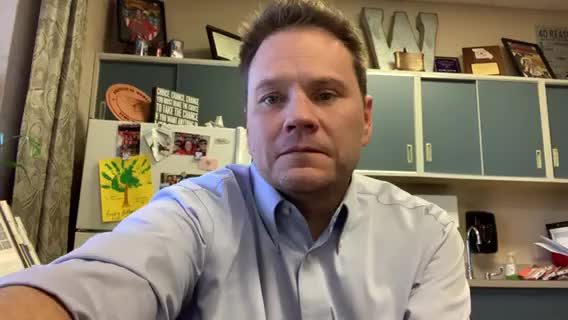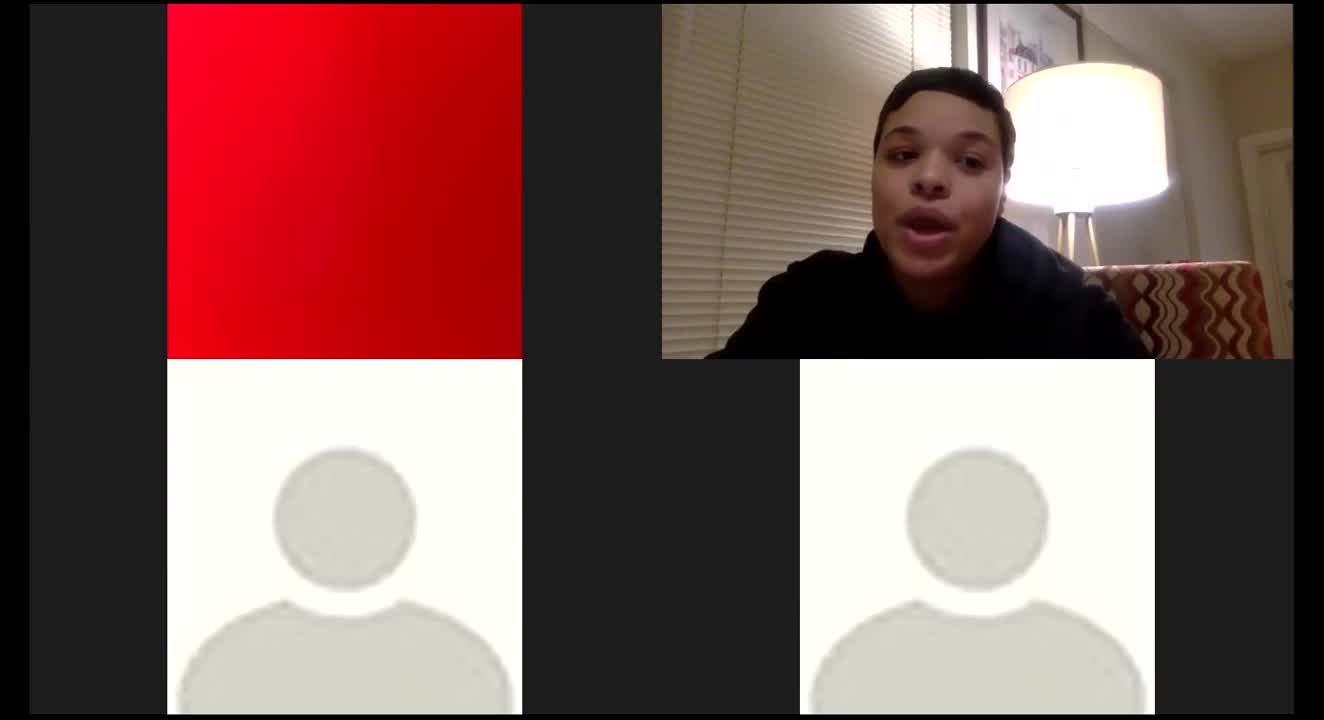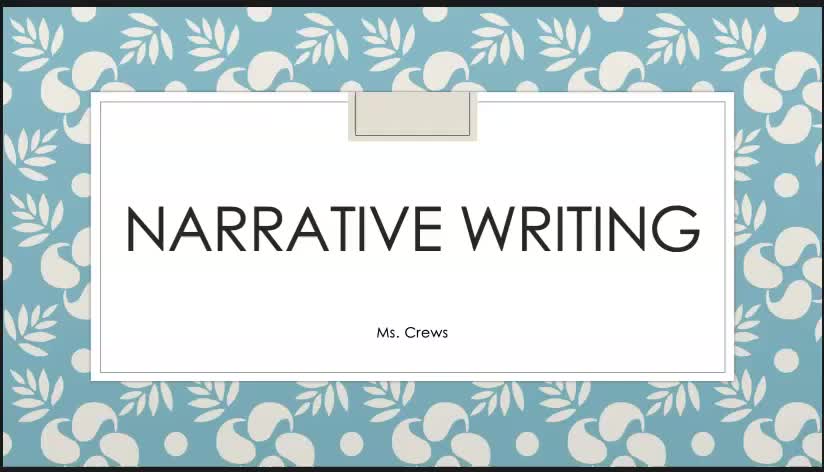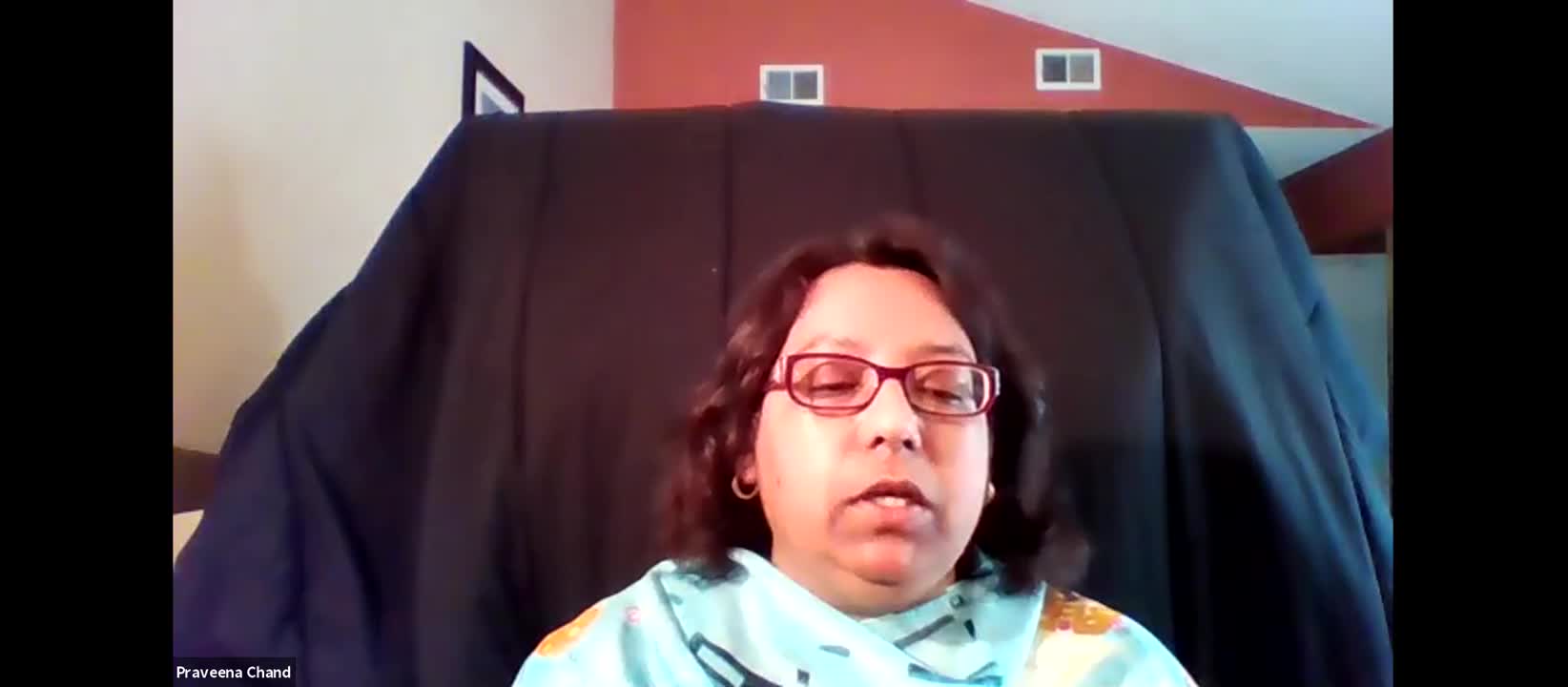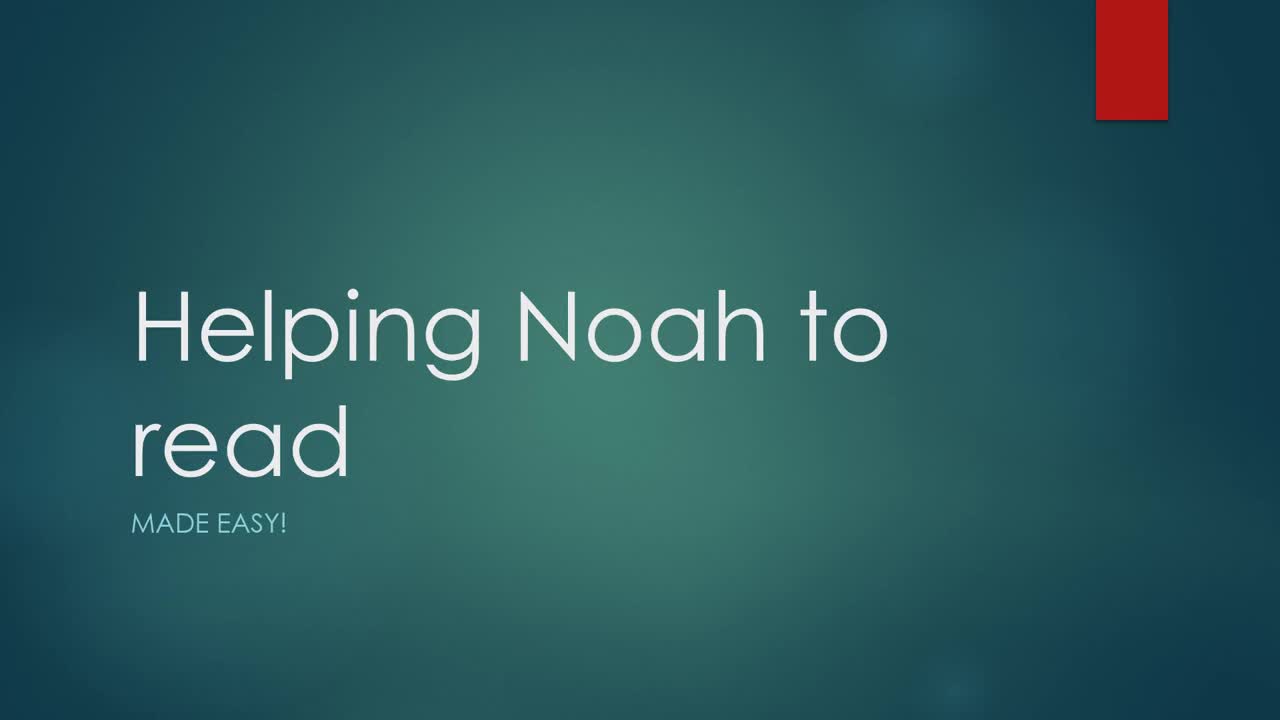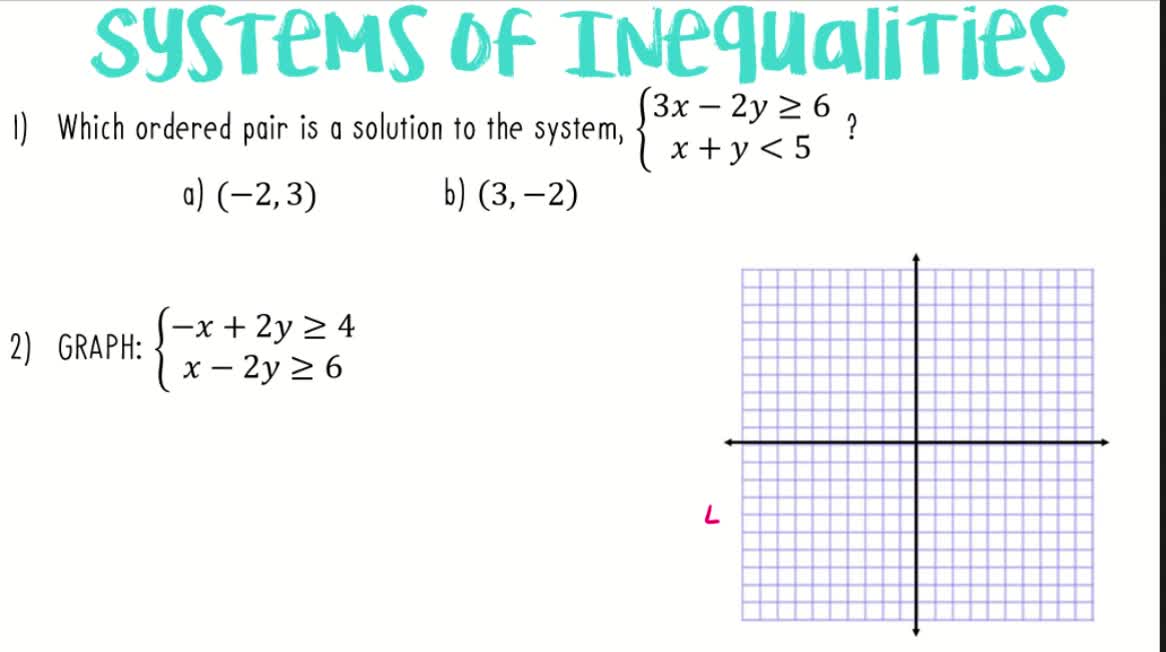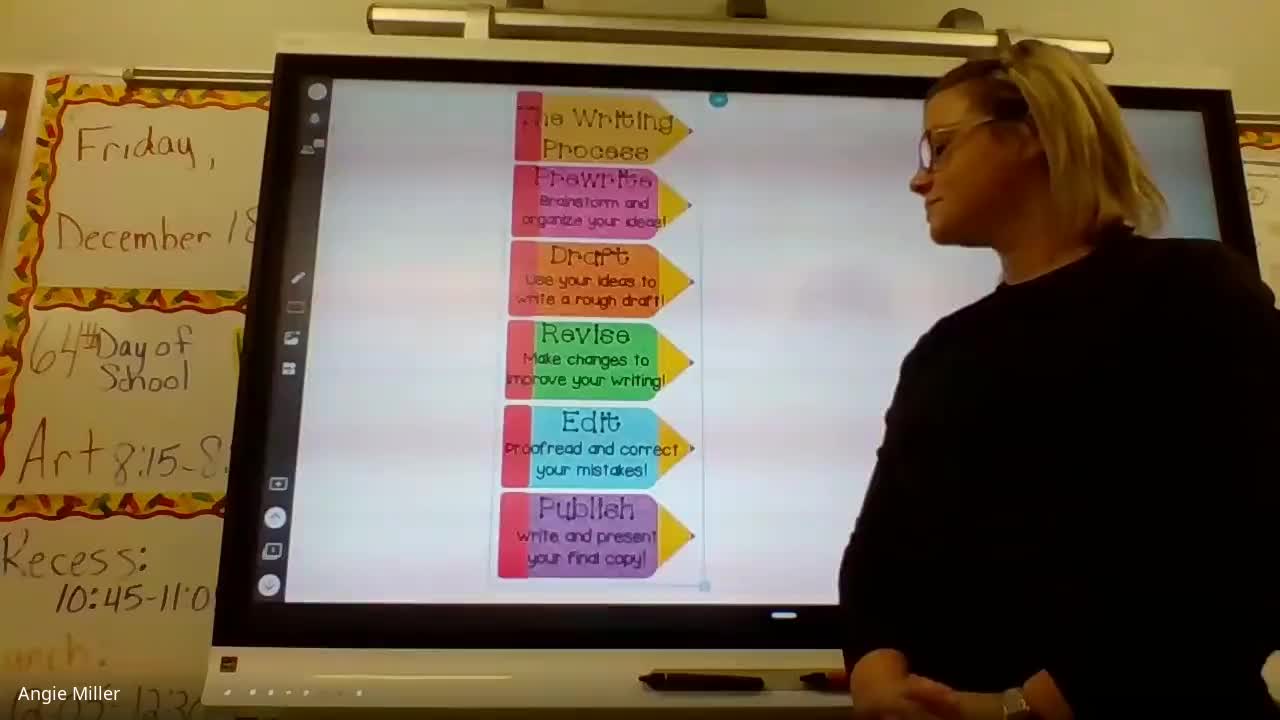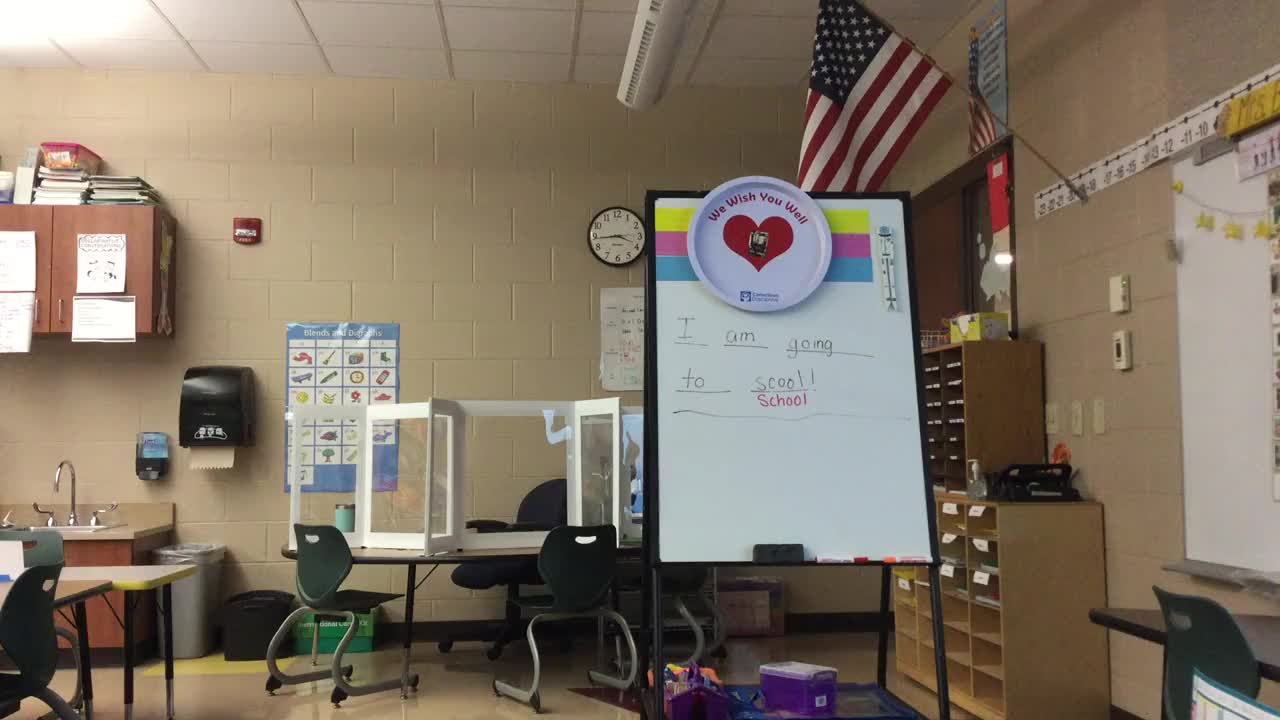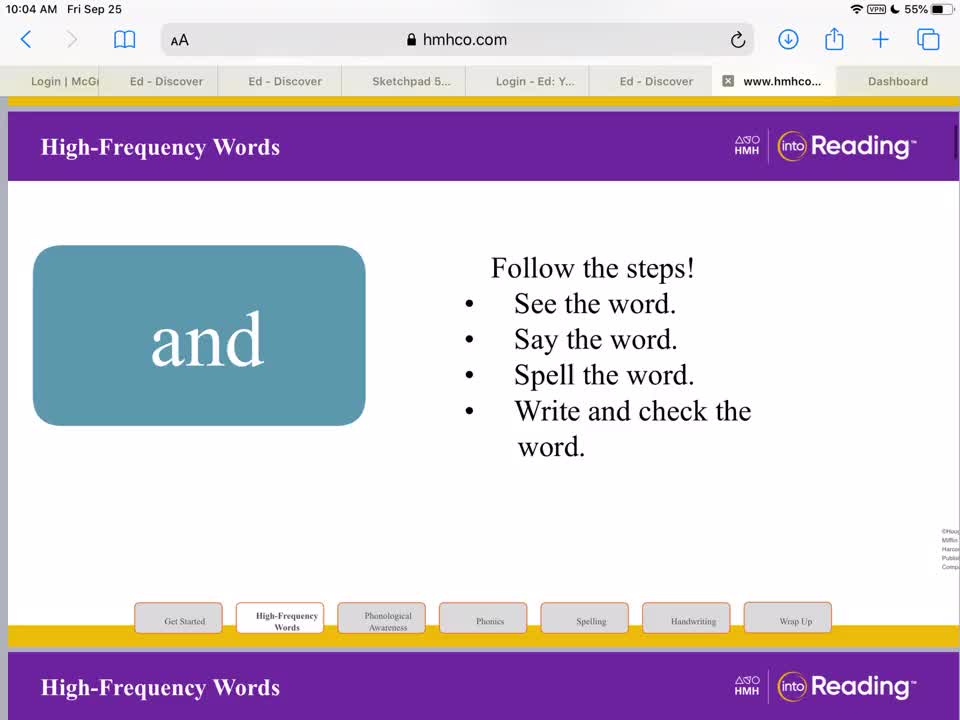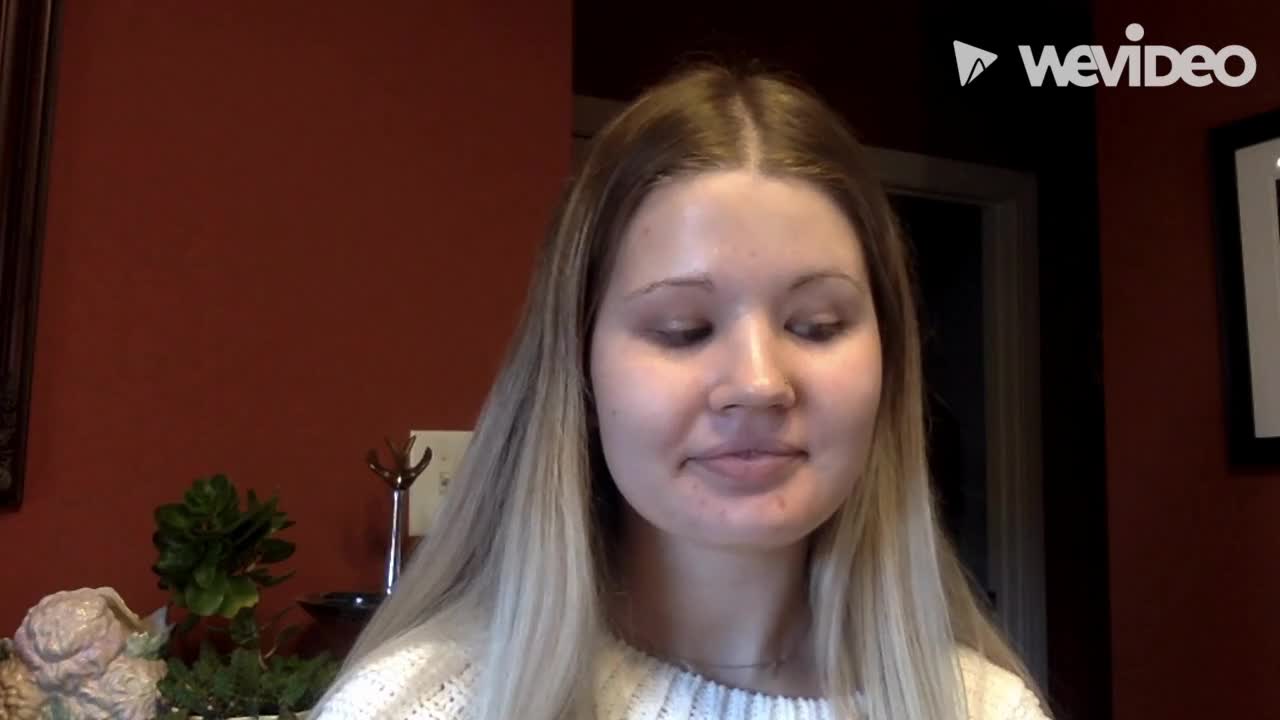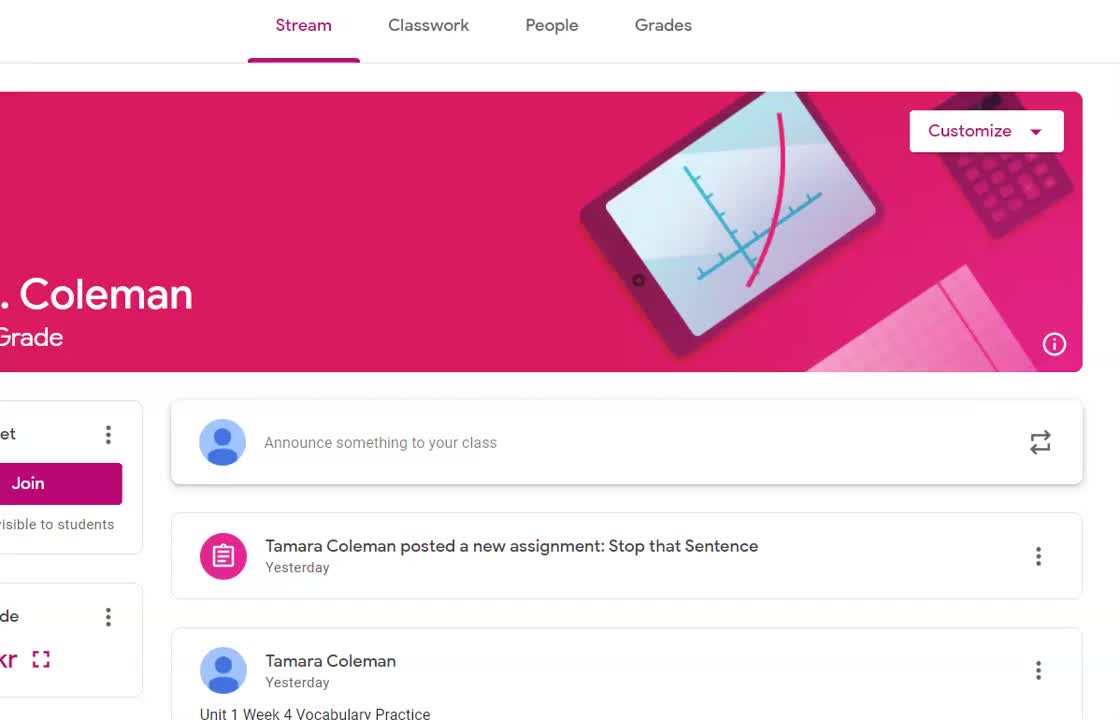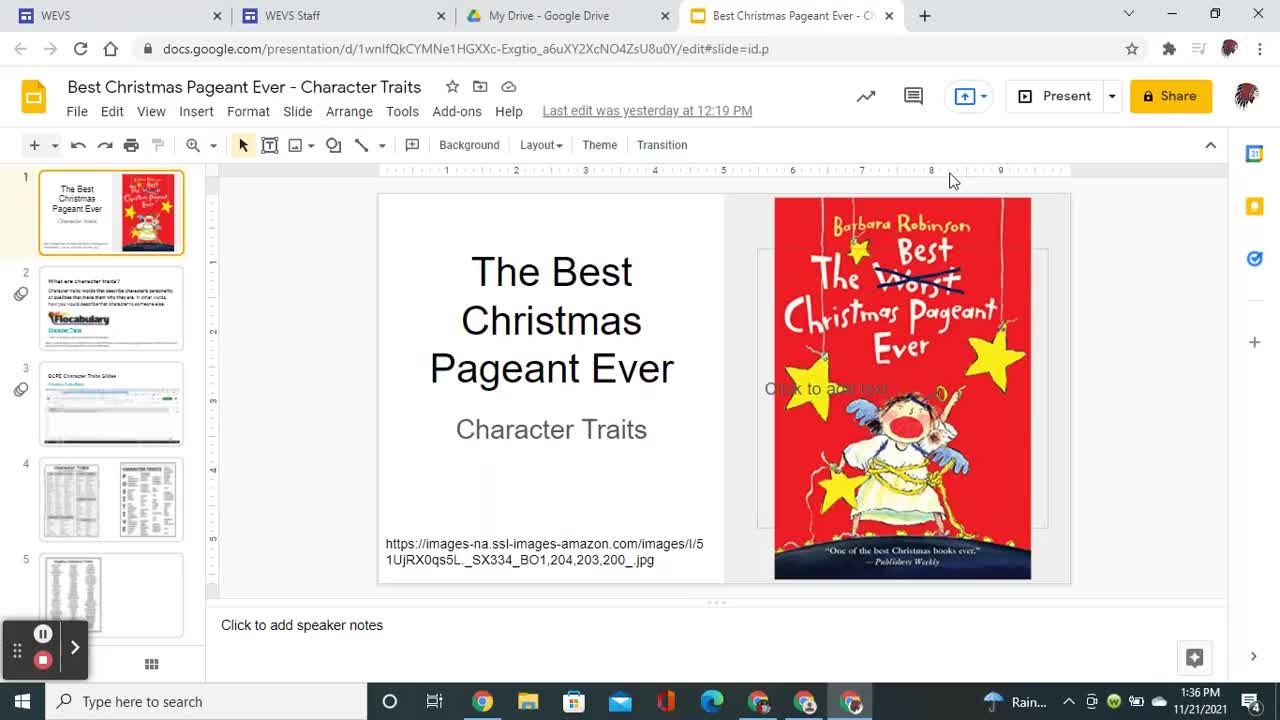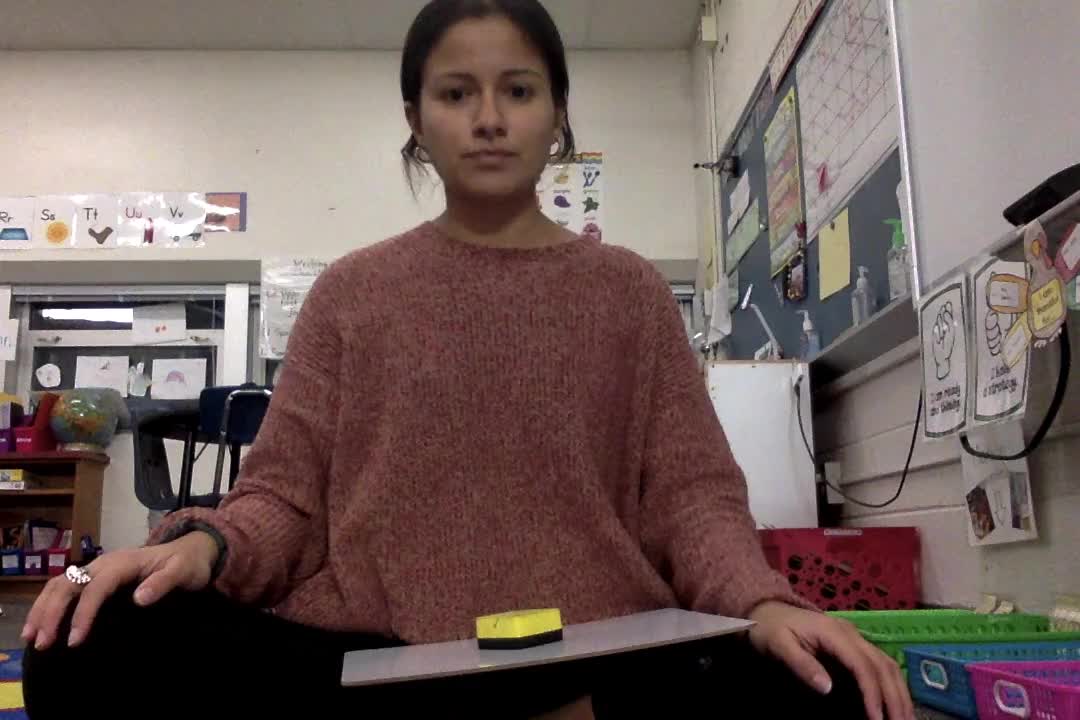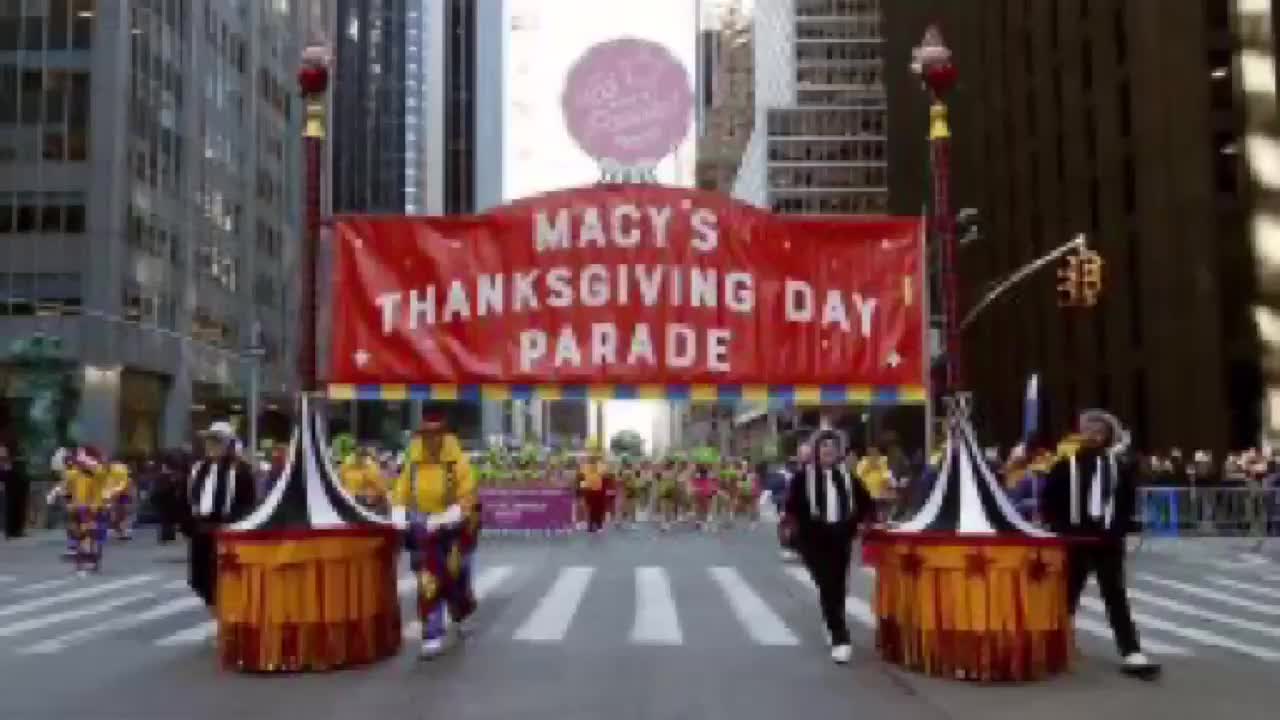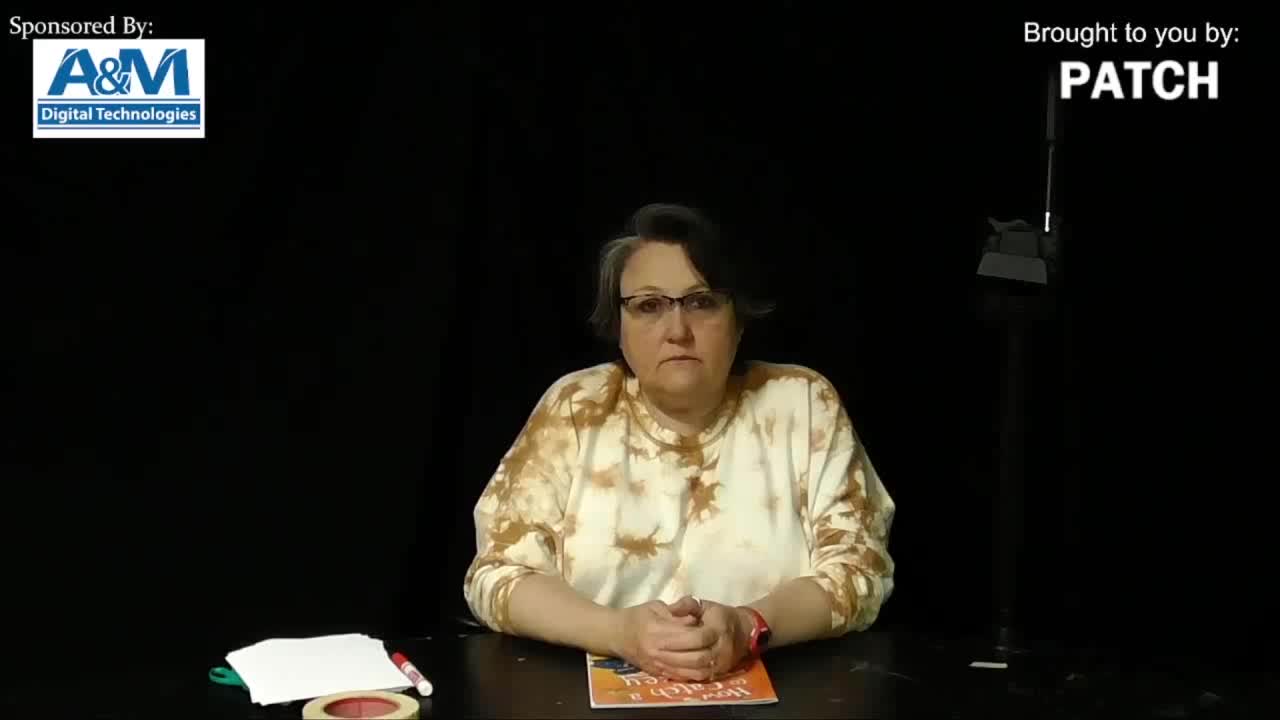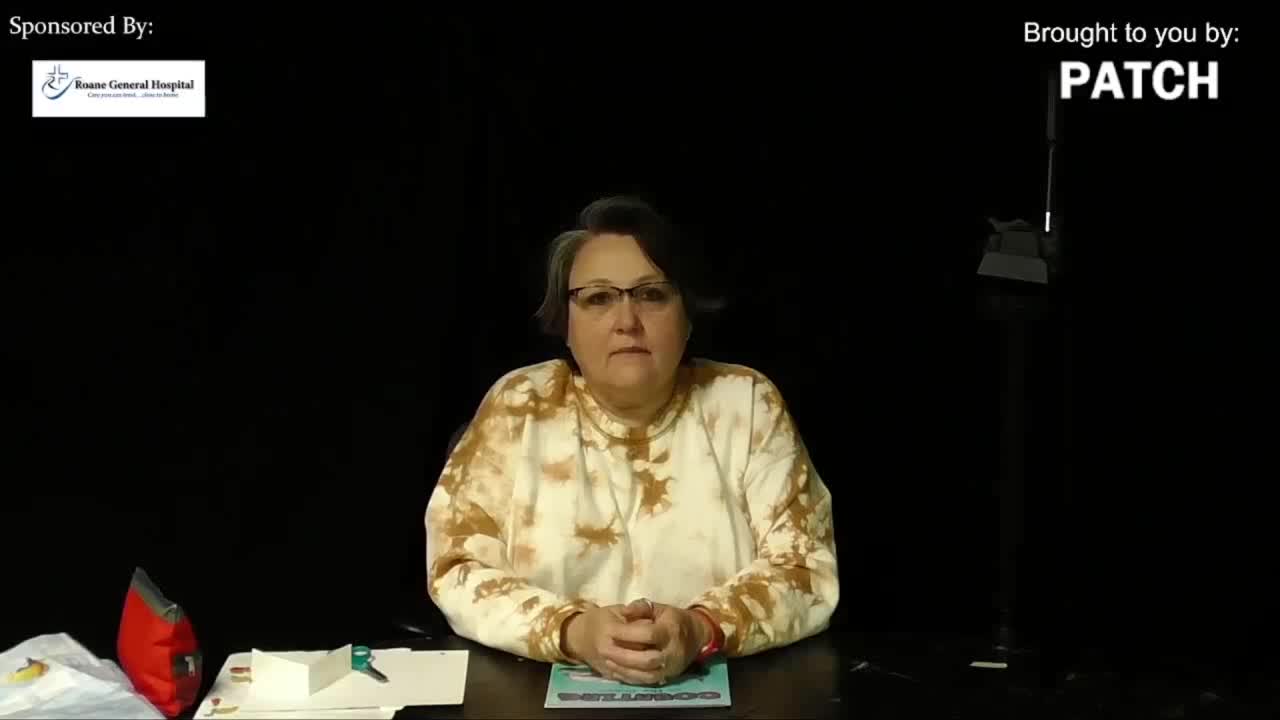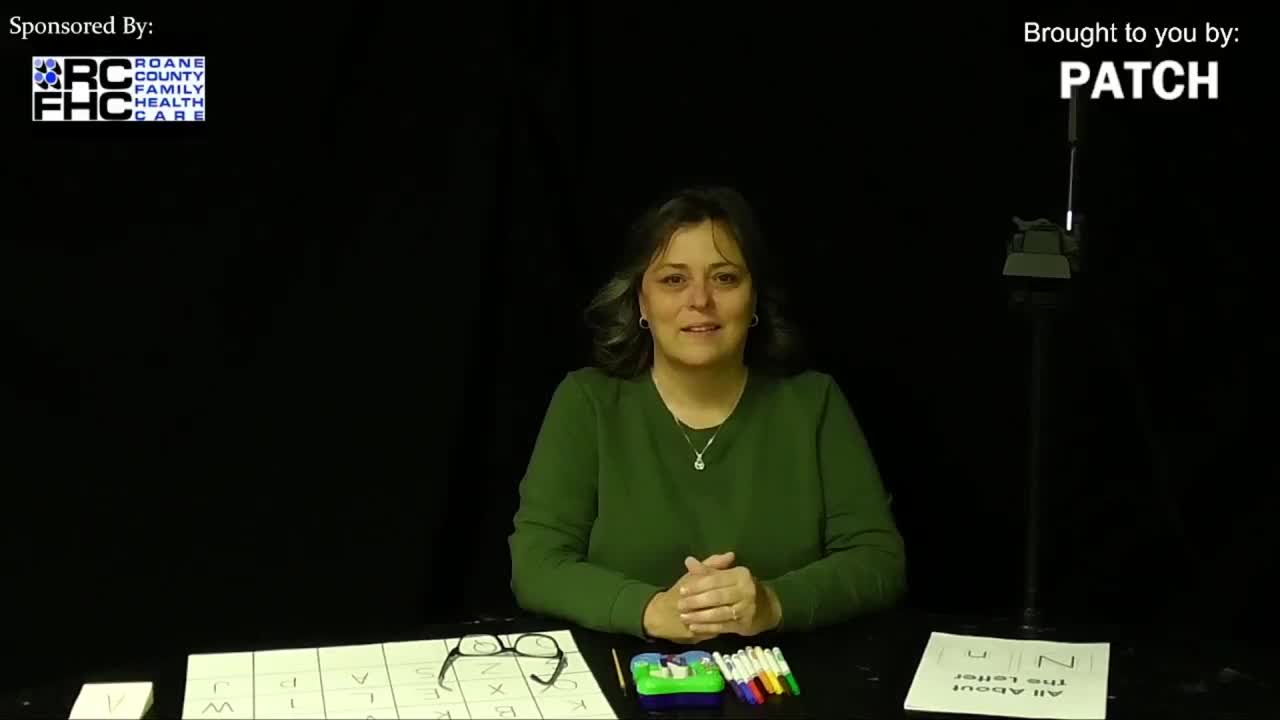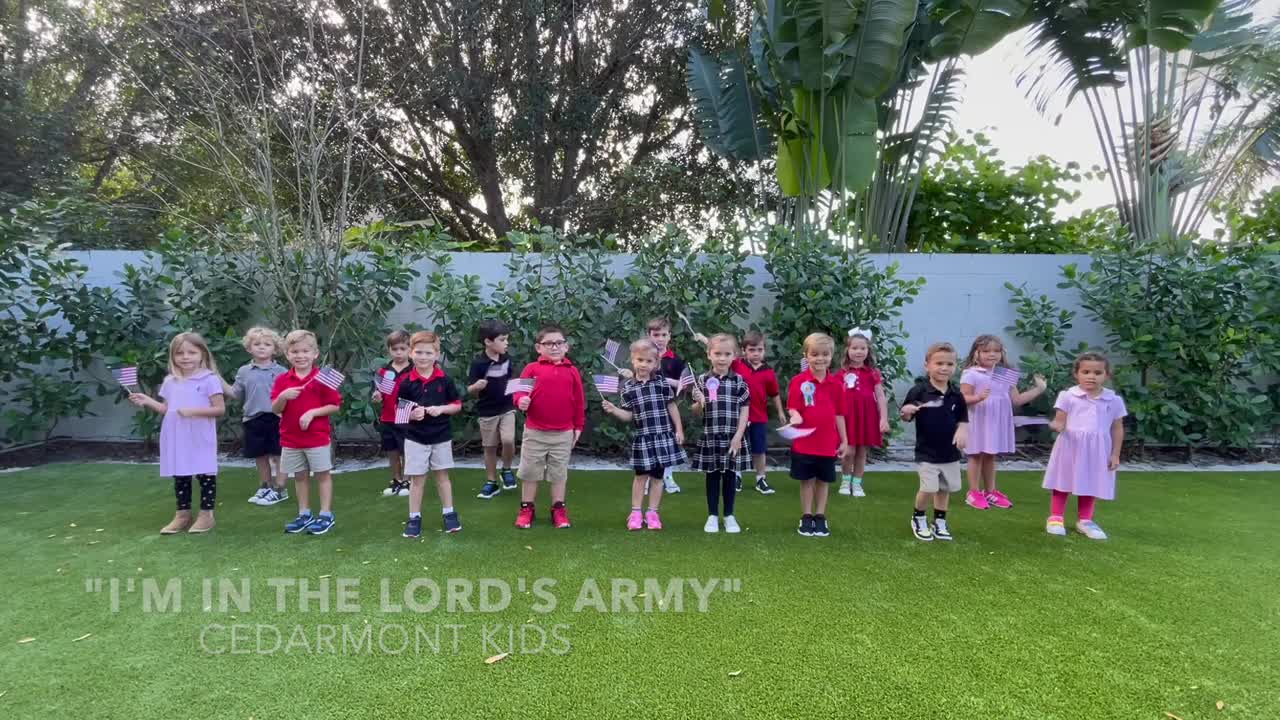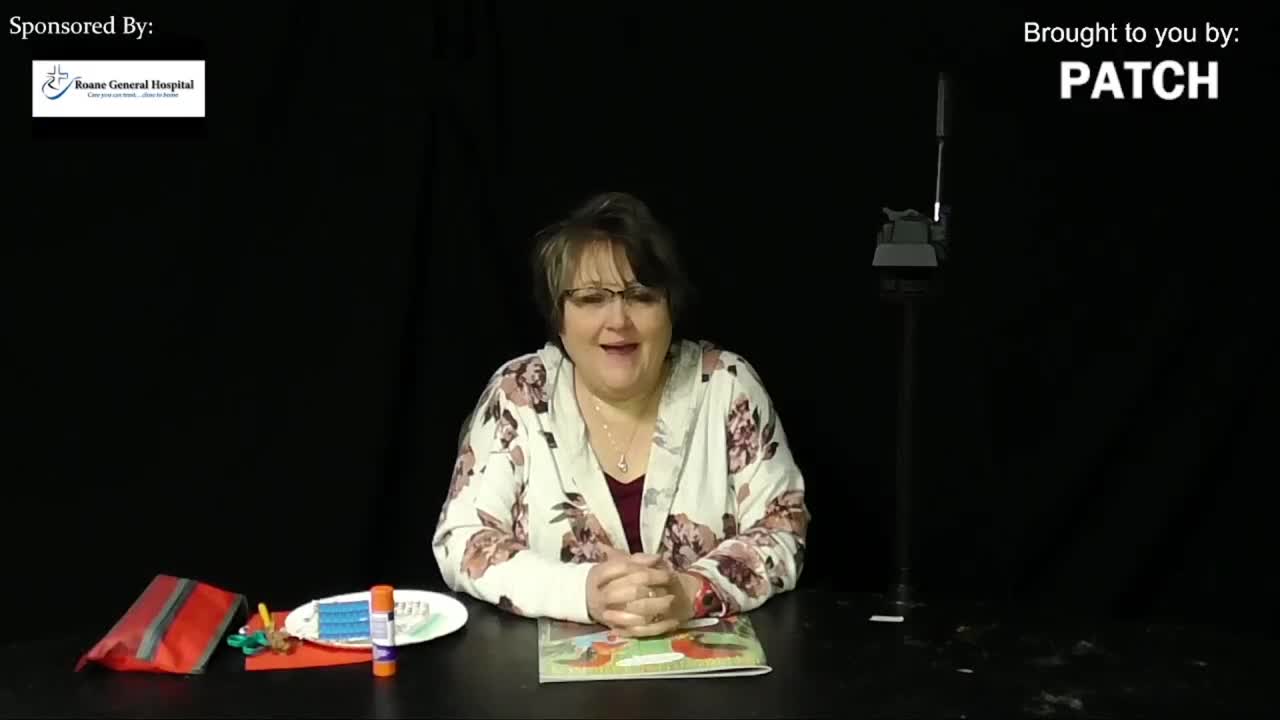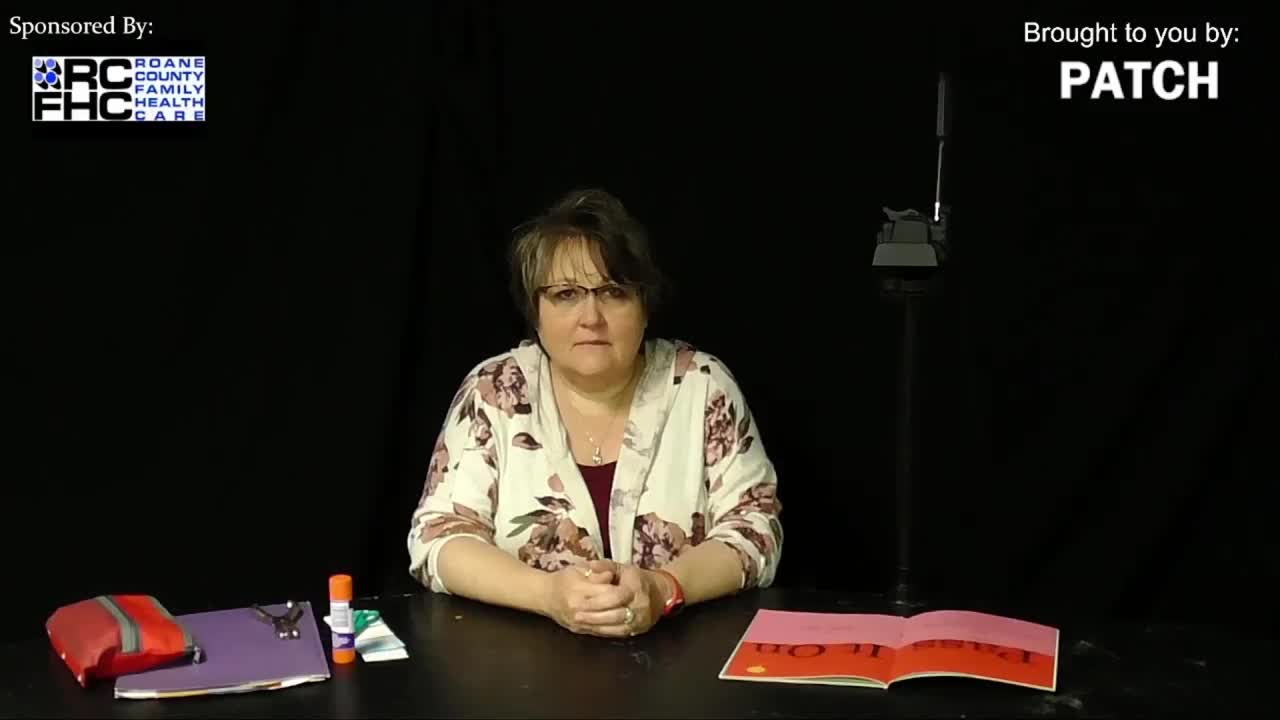Instructional Coaching - How to Build Relationships and Provide Effective Feedback
Elementary / Language Arts / Writing
This video is modeling an instructional coach using 4 strategies for building a relationship and rapport with a teacher, provide "light" coaching, and effective feedback. The video models a discussion between a teacher and an instructional coach regarding writing purposeful learning objectives.
Hi, Roxanne! How are you?
Hello!
Thanks for stopping in. Please help yourself to some snacks.
Thanks! Oh, how sweet. Yeah, feeling good.
Good!
Enjoying a nice break. Thanks for the snacks.
You’re welcome. So, how was your summer break? Did you have the chance to do anything exciting?
It’s been really busy. Packing, moving, so I find it hard doing a lot of that stuff during the school year so I did a lot of it.
Goodness. That’s quite a lot for you to put your focus. Well let me know if I can support you with anything. I’m happy to come down to your classroom and help out with anything that you need. Just let me know.
Alright. Thank you so much.
You’re welcome.
And thank you again for the snacks. I’ll talk to you soon.
Hi, Roxanne! How’s it going? Wow your really have some things put up in here. Looks great!
Thank you!
How’s moving going?
It’s going good. We’re almost done. Closer. Lot to do in the heat.
Great! Well not the heat part.
Yeah. I’m just setting up for the first day. I’m trying to figure out ways that I can write my learning objectives so that they’re purposeful for students and not just for my checklist cause you know I teach K-8 now so I’ll have multiple grade levels up here but I want the students to understand that. I want the students to be able to when they read that objective. Last year I was going crazy with this so I ended up just leaving it alone and I said I would do it this year. So hopefully you can help me.
Yeah, that’s definitely something that I can help you out with if you like. We could just sit down and go over it just real quick.
Please.
Okay come on. For sure.
So, tell me what you started with with your learning goal. Where did you end up at the end of last year that led you to just abandon it?
Well, I think they were too wordy. I had too much in there. Specially for the primary students. I think I know what I need to include in the learning goal so that it aligns with the lesson, however I’m not quite sure about how to make it purposeful, useful for the students. Again, like I said, I want students to be able to read it and understand that goal and tell me that goal when they come in three days later.
Okay. Well aligning it to the lesson is absolutely very important. You’re also correct that you want the students to be able to understand their learning objectives and that it should be written in a way that they can actually use it as well as yourself to kind of gauge their learning along the way. So, you said it right. The learning objectives definitely gives the students a goal. It combines that criteria that they need to accomplish to know that they’ve been able to achieve what you’re wanting them to learn.
Exactly.
You definitely want it to where it’s written about the skill that you’re teaching in the lesson and not so much the actual activity that you’re having them do to practice or gain that understanding. And you absolutely wanna make sure that it’s something written in language that’s friendly for them. I know you said earlier that you teach K-8 now, so when you write those learning objectives its gonna be important that your word choice to be very age-appropriate and specific.
Well, since you’re here would you mind setting down or would you mind helping me write at least a couple of them for my first lesson.
Sure, of course. What standard and skill do you believe you’re gonna be focusing on for those first stage? Just pick one.
Since it’s the beginning, it will be with kindergarten and I’ll be working with them to understand why we use a password for each student with our Chromebooks, and why it’s important that they don’t share them and they keep it private. So, I know those are some vocabulary words I’m gonna need to go over as well. But this is stuff I want them to understand before they are even able to log on.
Okay, so what things are you gonna be looking for the students to do so that gives you the cue, like okay Johnny has met that goal? Sally Sue isn’t quite there yet. What are some things that there gonna be..
So I want them to be able to know why we use different passwords for each person, and why they have to keep them private, so no one uses theirs. Those are like the main things that I want them...
So, what actions are the students going to take? Something observable.
Let me try to write that out as an objective. That way, cause you know, if I write… So let’s see. Students will be able to, now I was gonna use articulate but that might be a little too difficult for kinder, so I might have to… I wanna put articulate but we can switch that vocabulary word. So articulate the purpose… So I think I’m getting too wordy.
Keep going. We can always edit.
Okay. Usernames and passwords and the importance of keeping both private.
Good. Your objective that you just wrote down on the fly is definitely aligned to that standard that you want to focus on that first day. And it includes the skill that you want those kindergarteners to be able to do at the end of your lesson. You did a great job of including something that’s observable in your objective. Articulate - that is something that an outsider can see and say, “Johnny has got it.” And you mentioned as you were writing it that the word articulate, you’re already feeling that may be too high a vocabulary word for a kindergartner. So what’s another word that we could use for articulate that would be five-year-old-friendly?
You know we always go back to the basics, the D-O-K ones cause we want them to, we have to say, you know, understand, remember, there are a lot of words in there. So maybe if I rewrite it a little bit I can come because I’m gonna be repeating the word understand so what if I took out Students will be able to… how about, I can tell others why it is important to have username and password for each person and why it’s important not to share them with others. That’s more basic.
Okay, so I can tell others why it’s important to have a username and password for each person and why it’s important not to share them. That is definitely something that a kindergartener can understand.
Cause they’re telling others why.
A great synonym for articulate.
Okay. I like that one better. To have a username and password for each person and why it’s important for them not to share.
And I like how you wrote I can because then it gives the student ownership of their learning goal. And the word tell gives you an observable action to gauge and assess whether or not they’ve met that learning goal. So great job. How about I stop in tomorrow sometime and we can look over some of your other lesson plans for your first days and we can continue to work on writing those objectives.
That will be awesome. I would really appreciate it. It’ll give me a chance to look at what I already have on my own so I won’t write them, I won’t print them yet cause that’s what I wanna use this year. And then we can go over them and then maybe you can help me with any clarifications that I need.
Absolutely! So I really look forward to coming back and sitting down with you again to go over those learning goals and objectives so that we can continue to collaborate to help our students improve. Thank you!
Hello!
Thanks for stopping in. Please help yourself to some snacks.
Thanks! Oh, how sweet. Yeah, feeling good.
Good!
Enjoying a nice break. Thanks for the snacks.
You’re welcome. So, how was your summer break? Did you have the chance to do anything exciting?
It’s been really busy. Packing, moving, so I find it hard doing a lot of that stuff during the school year so I did a lot of it.
Goodness. That’s quite a lot for you to put your focus. Well let me know if I can support you with anything. I’m happy to come down to your classroom and help out with anything that you need. Just let me know.
Alright. Thank you so much.
You’re welcome.
And thank you again for the snacks. I’ll talk to you soon.
Hi, Roxanne! How’s it going? Wow your really have some things put up in here. Looks great!
Thank you!
How’s moving going?
It’s going good. We’re almost done. Closer. Lot to do in the heat.
Great! Well not the heat part.
Yeah. I’m just setting up for the first day. I’m trying to figure out ways that I can write my learning objectives so that they’re purposeful for students and not just for my checklist cause you know I teach K-8 now so I’ll have multiple grade levels up here but I want the students to understand that. I want the students to be able to when they read that objective. Last year I was going crazy with this so I ended up just leaving it alone and I said I would do it this year. So hopefully you can help me.
Yeah, that’s definitely something that I can help you out with if you like. We could just sit down and go over it just real quick.
Please.
Okay come on. For sure.
So, tell me what you started with with your learning goal. Where did you end up at the end of last year that led you to just abandon it?
Well, I think they were too wordy. I had too much in there. Specially for the primary students. I think I know what I need to include in the learning goal so that it aligns with the lesson, however I’m not quite sure about how to make it purposeful, useful for the students. Again, like I said, I want students to be able to read it and understand that goal and tell me that goal when they come in three days later.
Okay. Well aligning it to the lesson is absolutely very important. You’re also correct that you want the students to be able to understand their learning objectives and that it should be written in a way that they can actually use it as well as yourself to kind of gauge their learning along the way. So, you said it right. The learning objectives definitely gives the students a goal. It combines that criteria that they need to accomplish to know that they’ve been able to achieve what you’re wanting them to learn.
Exactly.
You definitely want it to where it’s written about the skill that you’re teaching in the lesson and not so much the actual activity that you’re having them do to practice or gain that understanding. And you absolutely wanna make sure that it’s something written in language that’s friendly for them. I know you said earlier that you teach K-8 now, so when you write those learning objectives its gonna be important that your word choice to be very age-appropriate and specific.
Well, since you’re here would you mind setting down or would you mind helping me write at least a couple of them for my first lesson.
Sure, of course. What standard and skill do you believe you’re gonna be focusing on for those first stage? Just pick one.
Since it’s the beginning, it will be with kindergarten and I’ll be working with them to understand why we use a password for each student with our Chromebooks, and why it’s important that they don’t share them and they keep it private. So, I know those are some vocabulary words I’m gonna need to go over as well. But this is stuff I want them to understand before they are even able to log on.
Okay, so what things are you gonna be looking for the students to do so that gives you the cue, like okay Johnny has met that goal? Sally Sue isn’t quite there yet. What are some things that there gonna be..
So I want them to be able to know why we use different passwords for each person, and why they have to keep them private, so no one uses theirs. Those are like the main things that I want them...
So, what actions are the students going to take? Something observable.
Let me try to write that out as an objective. That way, cause you know, if I write… So let’s see. Students will be able to, now I was gonna use articulate but that might be a little too difficult for kinder, so I might have to… I wanna put articulate but we can switch that vocabulary word. So articulate the purpose… So I think I’m getting too wordy.
Keep going. We can always edit.
Okay. Usernames and passwords and the importance of keeping both private.
Good. Your objective that you just wrote down on the fly is definitely aligned to that standard that you want to focus on that first day. And it includes the skill that you want those kindergarteners to be able to do at the end of your lesson. You did a great job of including something that’s observable in your objective. Articulate - that is something that an outsider can see and say, “Johnny has got it.” And you mentioned as you were writing it that the word articulate, you’re already feeling that may be too high a vocabulary word for a kindergartner. So what’s another word that we could use for articulate that would be five-year-old-friendly?
You know we always go back to the basics, the D-O-K ones cause we want them to, we have to say, you know, understand, remember, there are a lot of words in there. So maybe if I rewrite it a little bit I can come because I’m gonna be repeating the word understand so what if I took out Students will be able to… how about, I can tell others why it is important to have username and password for each person and why it’s important not to share them with others. That’s more basic.
Okay, so I can tell others why it’s important to have a username and password for each person and why it’s important not to share them. That is definitely something that a kindergartener can understand.
Cause they’re telling others why.
A great synonym for articulate.
Okay. I like that one better. To have a username and password for each person and why it’s important for them not to share.
And I like how you wrote I can because then it gives the student ownership of their learning goal. And the word tell gives you an observable action to gauge and assess whether or not they’ve met that learning goal. So great job. How about I stop in tomorrow sometime and we can look over some of your other lesson plans for your first days and we can continue to work on writing those objectives.
That will be awesome. I would really appreciate it. It’ll give me a chance to look at what I already have on my own so I won’t write them, I won’t print them yet cause that’s what I wanna use this year. And then we can go over them and then maybe you can help me with any clarifications that I need.
Absolutely! So I really look forward to coming back and sitting down with you again to go over those learning goals and objectives so that we can continue to collaborate to help our students improve. Thank you!
